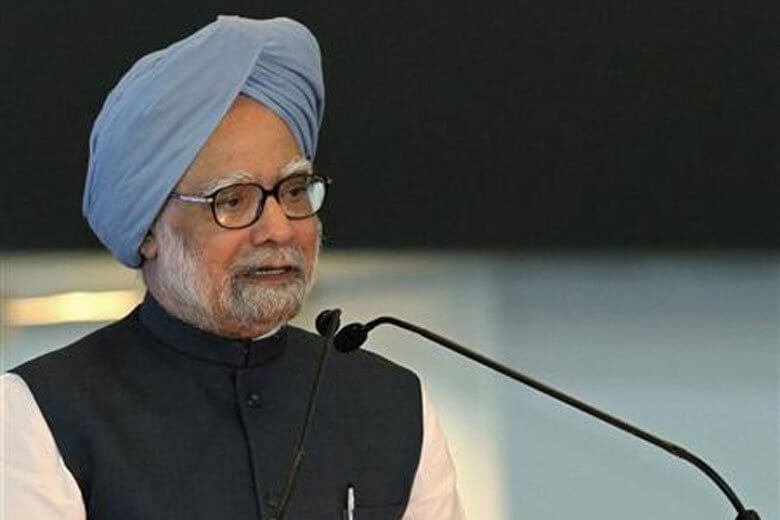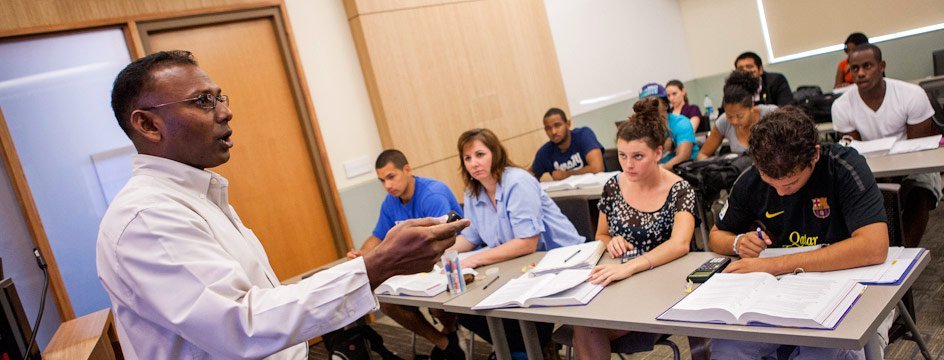Last week, former prime minister Manmohan Singh was in the news for considering returning to his alma mater, Punjab University to head the Jawaharlal Nehru Chair. Singh had been made the offer in April, after which he had asked the Joint Committee on Offices of Profit in July whether accepting the offer would disqualify him as a Member of Parliament under the law that prevents legislators from holding two government offices which have monetary benefits.
Parliament has now stated that this would not be considered an Office For Profit. What was important was that Singh would not get a fixed salary and would draw a daily allowance of Rs 5,000.

The controversy brought back into focus, how much teachers are paid. And whether the profession can ever be considered “profitable”. And why people join teaching as a profession.
Reflecting on this question 40 years into the profession, I am now not quite clear how it all started. Was it the moment when my father, whom we considered to be the fount of worldly wisdom, told us his daughters, that since there would always be hospitals and schools (or colleges) in this world, we would never go wrong if we chose medicine or teaching as future professions? Or was it when I was smitten by one of my teachers and thought her the epitome of culture and refinement?
Can’t quite tell now really, but there it was: I landed a job as a lecturer in one of Chennai’s major colleges straight after completing my post-graduate degree.
So, now I was a lecturer. Facing a class of over a 100 the first time was a challenge, but it was not for nothing that I had learnt about Discipline and Hard Work from nuns who had left their homelands in the war years and come to India to knock those qualities into natives’ heads. I had been a good learner and found I could manage it very well though I was myself not more than four years older than my students. And I was launched into a lifetime of teaching, bar a few years off for childcare and a brief foray into publishing.

The reasons for being a teacher changed with each stage in my life: in the beginning, it seemed a wonderful way to show off before a captive audience. Later, a convenience with two small children. Until the third stage came along and I was thinking creatively about my work. By this time, I had become a school teacher, doing my very best to make sure that my classes were interesting and my students saw me as a person who taught them something more than just my subject.
All this doesn’t explain why I became a teacher and remained one for so many decades – and the truthful answer would be that I got into the profession by a curious mixture of parental instruction and a sense of idealism. And stayed in it, because I realised I had a talent for it and I enjoyed being in charge of my own constituency, namely, the classroom.
And of course – the steady income it provided.
This is the crux of it all – one works for the money one earns, although traditionally, particularly in India, teaching is considered to be a “noble” profession and so teachers are expected to be completely indifferent to monetary gain. All other professions accept that a person’s salary and benefits should be commensurate with the work they put in and with the responsibilities of their position. In teaching alone, there is a mismatch between the two. What does the word “noble” really connote, and is it an euphemism for “being devalued”? Everyone agrees, especially on Teachers’ Day when there are major discussions on how teachers are the real leaders of the country, because they, next to parents, are in charge of India’s future – through their teaching, their behaviour and their comportment.
But one thing has been a constant – the idealism I mentioned earlier. In teaching more than another profession, except maybe medicine, it is possible to retain one’s idealisms long after everyone else has lost their sense of purpose. Very soon after becoming a teacher, I realised that I was in the magic world of childhood in which justice and fair play, decency and goodness are more than words. For her part, a teacher is a meaning-maker, an interpreter, a representative of the outside world which awaits her students. If she shows that the world is an exciting place, beckoning new entrants with all kinds of possibilities, full of adventure and thrilling experiences, then students await adulthood with optimism.
All this of course means that society has to value its teachers, not merely by a platitudinous repetition of the word “noble”, but by paying them well, making available effective training, making teaching an enviable profession, just as the Scandinavian countries, particularly Finland, have done. Although it has to be said that the Sixth Pay Commission has improved teachers’ salaries vastly, yet, there are many schools in India where a teacher’s remuneration is well below that of home help or a chauffeur. Why should money not come into the equation? It is hypocritical to consider a profession glorious, but continue to create a class of people who are generally not being compensated for being creators of social change.
I also became a teacher because my family background and educational opportunities made me about fifty years ahead of my generation, whether these advantages were displayed as academic or social awareness. A lot of women of my generation – many of whom found themselves ensconced willy-nilly in academia, “the world of ideas” as Raghuram Rajan called it, because it was evident that they were the torch-bearers of a new generation, enjoyed this benefit. There was a huge advantage and an intuitive awareness of what might be required in young Indians in 20, 30 years hence.
That is what I and many like me gave to this country – a future that we could see, of the equality and independence only education can give. Because it is education, and education alone that qualifies people, especially women, to work gainfully, to earn money and be truly self-determining. Allowing them to choose the course their lives will take, shaking off the shackles of meaningless conventions of society. And, of course, aiding their own growth in the process. This is a profession which deserves every but of appreciation – monetary and otherwise – that it gets, and deserves far more.

















